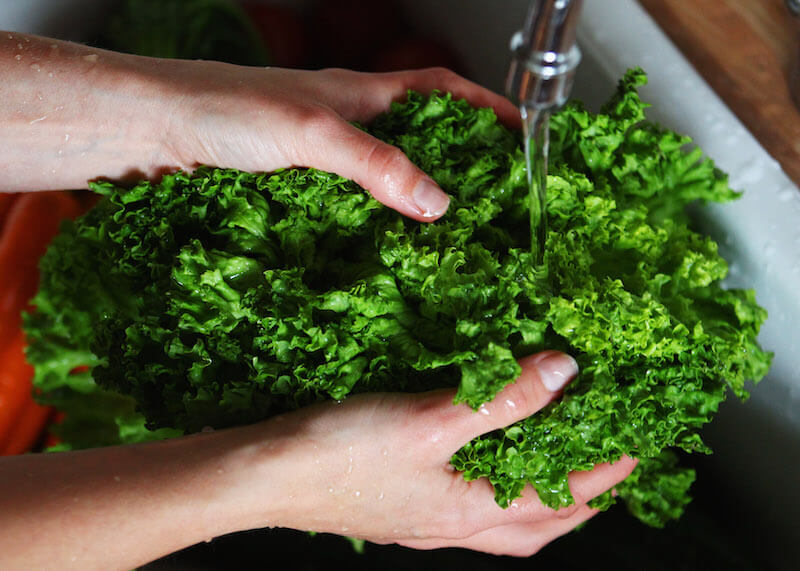Local city and health officials have teamed up on a new report that sheds light on Philadelphia’s growing “good food” economy.
According to the study, “good food” is defined as health-promoting, locally-orientated, sustainably-produced, and fair.
The study shows that the food economy in Philadelphia employs 12 percent of the city’s population, which is around 79,000 people. The report also shared that Philly is home to 6,500 businesses involved in the food world from growing, manufacturing, distributing, selling, serving food, and even eliminating food waste.
Mayor Kenney said in a press release that, “…. This report will lay a great foundation for the development of more strategies that will help us create a more inclusive economy that supports the well-being and success of every Philadelphian.”
One of the key findings in the study is that most food-related business in Philly is small, and a majority of the jobs come from them. Ninety-five percent of Philly food-related businesses have fewer than fifty employees.
Another key finding is that low-wage and low-skill jobs dominate the industry in Philly. The two largest sectors of the employers in Greater Philly are hospitality and food-retail. Due to the low wages, it was reported that employees might not stay in a role for a long time, which is why there is constant hiring.
To combat the low wages, the survey encourages people to support statewide legislation to raise the minimum wage to $15 per hour. On average, Philadelphians who work in hospitality and food retail are making $10-$11 per hour, on the low-end.
Another huge factor when it comes to the Philly food scene is consumers leaning towards local, healthy, sustainable, and customizable food. To improve the health of the food economy, experts recommend moving towards locally sourced items and sustainably raised animals. Some more recommended practices include catering to plant-based items, multi-cultural food, and supporting fair labor practices across the state.
To view the full report, visit economyleague.org.




















